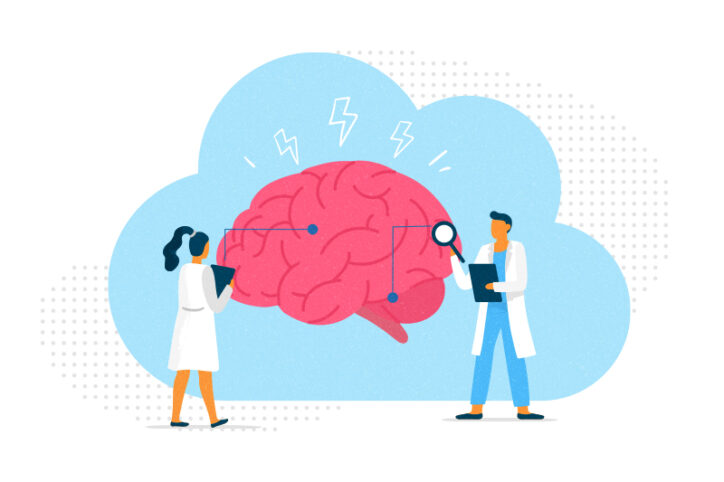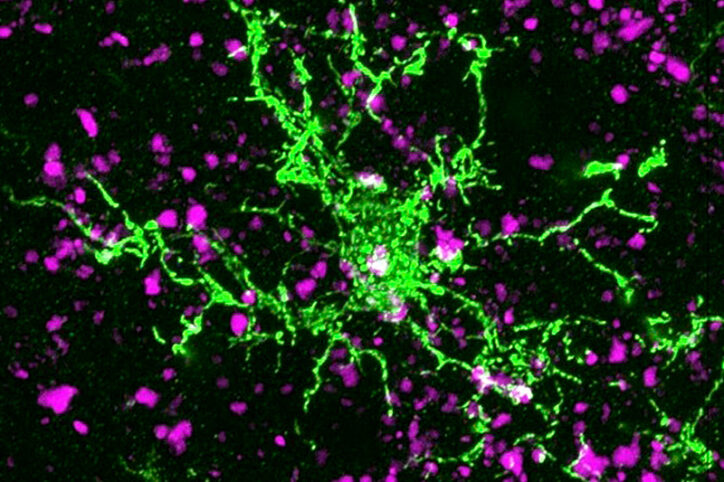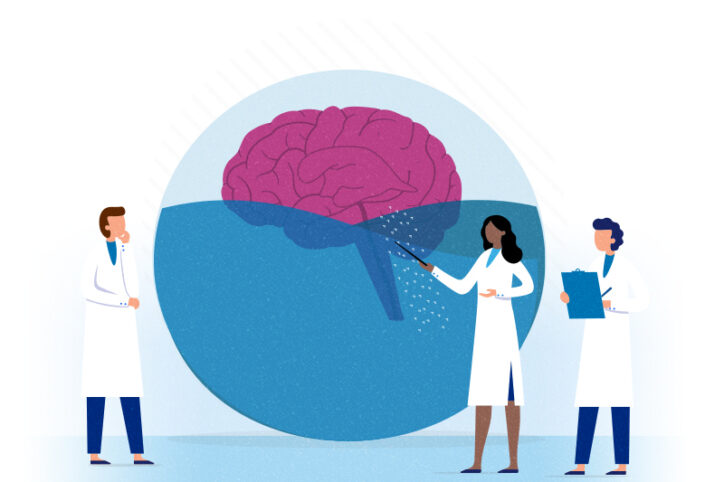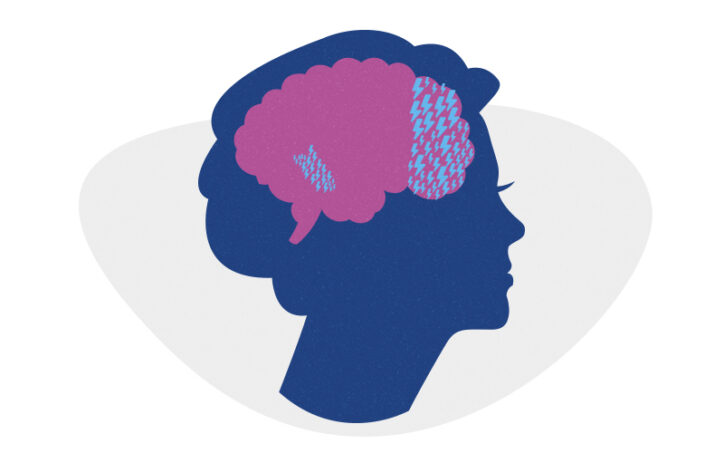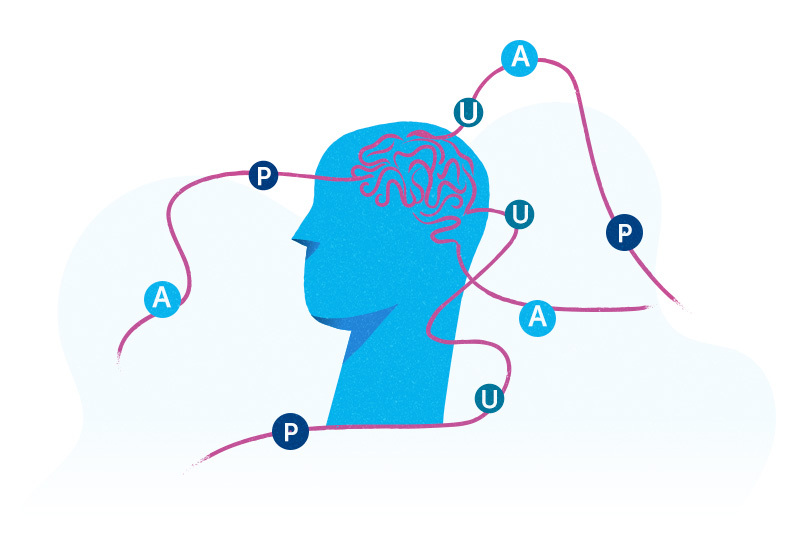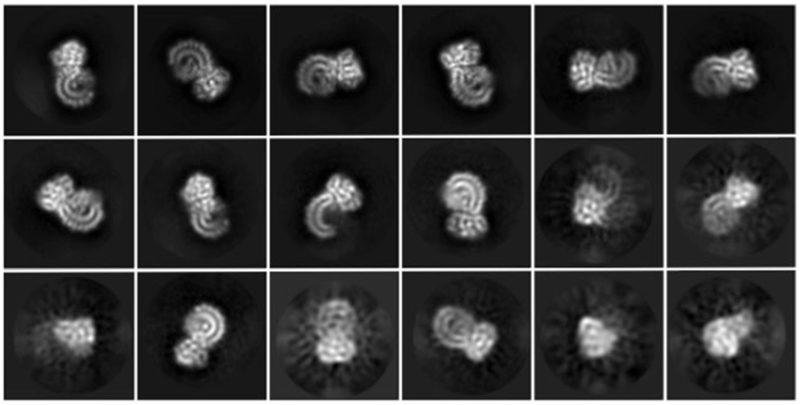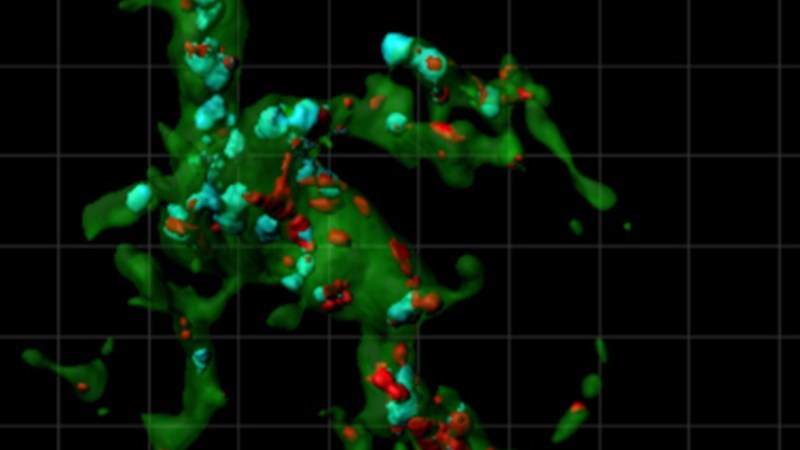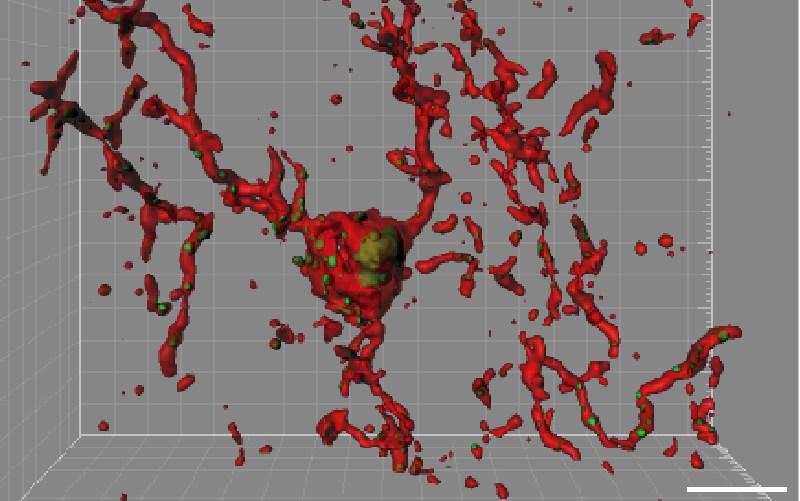Archive for alzheimers disease
Exploring brain operations: Making decisions, snapping to attention, and forming memories
How do our brains snap to attention and orient us to the outside world — like when we’re sound asleep and the smoke alarm goes off? And when different choices confront us, how does our brain make decisions? Two groups of researchers at Boston Children’s explored these all-important brain operations. The first study, published February ... Read More about Exploring brain operations: Making decisions, snapping to attention, and forming memories
Tagged: ADHD, alzheimers disease, epilepsy, neuroscience
Could we intervene in Huntington’s disease before symptoms appear?
Huntington’s disease is the most common single-gene neurodegenerative disorder and is characterized by motor and cognitive deficits and psychiatric symptoms. Work led by Beth Stevens, PhD, and Dan Wilton, PhD, in the Department of Neurology at Boston Children’s Hospital, now shows that the disease process begins well before symptoms appear. That raises the possibility of ... Read More about Could we intervene in Huntington’s disease before symptoms appear?
Tagged: alzheimers disease, biomarkers, immunology, neurology, neuroscience, schizophrenia
Another angle on Alzheimer’s: CSF, proteomics, and metabolic enzymes
Currently there are no objective, easily assessed diagnostic markers for Alzheimer’s disease, and no good therapeutic options. Taking an agnostic approach, proteomics expert Hanno Steen, PhD, and neurobiologist Judith Steen, PhD, who share a lab at Boston Children’s Hospital, teamed up to analyze proteomics data from the cerebrospinal fluid (CSF) that bathes the brain, combining ... Read More about Another angle on Alzheimer’s: CSF, proteomics, and metabolic enzymes
Tagged: alzheimers disease, metabolism, neurology, neuroscience, proteomics
Why do so many dementia treatments fail? Questioning mouse models of tau accumulation
To date, the search for effective treatments for dementia has yielded only disappointments. Many recent drug candidates target the tau protein, which aggregates and forms tangles in patients’ brain tissue and is involved in 75 percent of all dementias. While tau-targeting drugs have looked promising in mouse models, they’ve failed in clinical trials. A recent ... Read More about Why do so many dementia treatments fail? Questioning mouse models of tau accumulation
Tagged: alzheimers disease, drug development, neuroscience
A new angle on the cause of Alzheimer’s disease: Accumulating brain mutations
Alzheimer’s disease is marked by a loss of functional neurons in the brain. But what causes this loss? A new study reveals that people with Alzheimer’s have an abundance of newly acquired mutations in their neurons — more than people of the same age without Alzheimer’s, and enough to disable genes important to brain function. ... Read More about A new angle on the cause of Alzheimer’s disease: Accumulating brain mutations
Tau protein changes correlate with Alzheimer’s disease dementia stage
Research into Alzheimer’s disease has long focused on understanding the role of two key proteins, beta amyloid and the tau protein. Found in tangles in patients’ brain tissue, a pathological form of the tau protein contributes to propagating the disease in the brain. Key takeaways A pathological form of the tau protein contributes to the ... Read More about Tau protein changes correlate with Alzheimer’s disease dementia stage
Tagged: alzheimers disease, biomarkers, neuroscience
First sharp images reveal structure of key inflammatory protein
After decades of attempts by the scientific community, researchers have now provided the first clear look at a protein implicated in a vast array of inflammatory conditions. The finding, published recently in Nature, lifts a blindfold that has hampered scientists’ ability to intervene when the immune system overreacts to perceived threats. The protein, known as ... Read More about First sharp images reveal structure of key inflammatory protein
Beth Stevens: A transformative thinker in neuroscience
When 2015 MacArthur “genius” grant winner Beth Stevens, PhD, began studying the role of glia in the brain in the 1990s, these cells—“glue” from the Greek—weren’t given much thought. Traditionally, glia were thought to merely protect and support neurons, the brain’s real players. But Stevens, from the Department of Neurology and the F.M. Kirby Neurobiology ... Read More about Beth Stevens: A transformative thinker in neuroscience
Targeting synapse loss in Alzheimer’s to preserve cognition — before plaques appear
Currently, there are five FDA-approved drugs for Alzheimer’s disease, but these only boost cognition temporarily and don’t address the root causes of Alzheimer’s dementia. Many newer drugs in the pipeline seek to eliminate amyloid plaque deposits or reduce inflammation in the brain, but by the time this pathology is detectable, it’s unlikely medications can do much to slow ... Read More about Targeting synapse loss in Alzheimer’s to preserve cognition — before plaques appear
Tagged: alzheimers disease, immunology, neurology, neuroscience
Immune cells “sculpt” brain circuits — by eating excess connections
The image above and the movie below show an immune cell caught in the act of tending the brain. The cell below has just eaten away unnecessary connections, or synapses, between neurons. That’s not something these cells, known as microglia, were previously thought to do. As immune cells, it was thought that their job was ... Read More about Immune cells “sculpt” brain circuits — by eating excess connections
Tagged: alzheimers disease, autism, autism research, epilepsy, immunology, neurology, neuroscience


